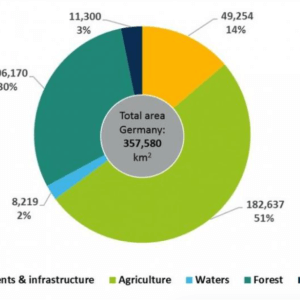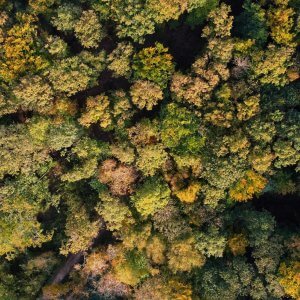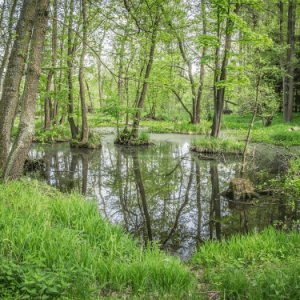India has tremendous potential when it comes to nature-based solutions—it can provide sustainability, jobs, and growth. NBS are currently implemented in different schemes and programmes in India, including the Mahatma Gandhi National Rural Employment Scheme (MGNREGA) and missions, under the National Action Plan on Climate Change (NAPCC). For instance, almost 60 per cent of the activities allowed under...
Tag: 86
Germany has Pledged Approximately $3.89 Billion Towards Nature-Based Solutions for Climate and Biodiversity Initiatives
On our path to net zero, nature-based solutions provide a chance to reduce and avoid many carbon emissions. By 2050, these solutions will save up to 10 gigatons of CO2 worldwide. Many of these initiatives are developed and implemented in countries from the Global South, such as the Congo, Brazil, or Indonesia, as these countries...
France has Implemented Several Large-Scale Initiatives, Including Reforestation Programs, Wetland Restoration, and Regenerative Agriculture
Overview Nature-based solutions (NBS) are crucial in France’s climate strategy. These solutions focus on conserving, restoring, and managing ecosystems to capture carbon and mitigate climate change. France has implemented several large-scale initiatives, including reforestation programs, wetland restoration, and regenerative agriculture.Key Nature-Based Solutions in France Forest Conservation and Reforestation: France has 17 million hectares of forests,...
The European Union has Increasingly Integrated Nature Based Solutions into its Climate Policies
Although NBS’s direct climate impact—generally measured at a few hundred Mt CO₂e sequestration annually—lags behind the drastic cuts achieved by renewable energy expansion and industrial decarbonization, they are indispensable for offsetting residual emissions and ensuring long-term climate resilience.Spanning multiple climatic and ecological zones, the EU is home to various ecosystems—from alpine and boreal forests to...
Nature-Based Solutions in China: A Green Strategy to Combat Climate Change
NBS will remain a key component of its climate strategy—but they must be complemented by deeper systemic changes to achieve meaningful progress.As the world’s largest emitter of greenhouse gases, China faces mounting pressure to reduce its carbon footprint. While the country has invested heavily in renewable energy and technological innovations, it increasingly turns to nature-based...
Natural Climate Solutions Could Reduce 10% of Canadian Emissions by 2030
Canada’s 2030 Emissions Reduction Plan includes natural climate solutions to protect, sustainably manage, and restore ecosystems to contribute to climate change mitigation and deliver societal co-benefits. Healthy ecosystems do everything from sequestering carbon to filtering toxic substances from the air, water, and soil, contributing to Canadians’ mental health, and helping reduce the costs of extreme...
Despite the Progress in Developing NBS, Brazil Faces Challenges Such as Deforestation and Ecosystem Degradation
Nature-based solutions (NBS) have gained prominence as effective strategies to address climate change by promoting the conservation, restoration, and sustainable management of ecosystems. In Brazil, these solutions are especially relevant due to the country’s vast biodiversity and environmental challenges.Use of Nature-Based Solutions in Brazil Brazil has implemented several NBS, such as the restoration of degraded...
Nature-based Solutions (NbS) are Crucial in Australia’s Climate Strategy but Remain in Early Development
While nature-based solutions are gaining traction, continued investment, data tracking, and integration with other mitigation strategies will be essential to maximize their impact. Nature-based solutions (NbS) are crucial in Australia’s climate strategy but remain in early development. In 2022, the government launched a Nature Positive plan, committing to: Protecting 30% of Australia’s land and seas...









